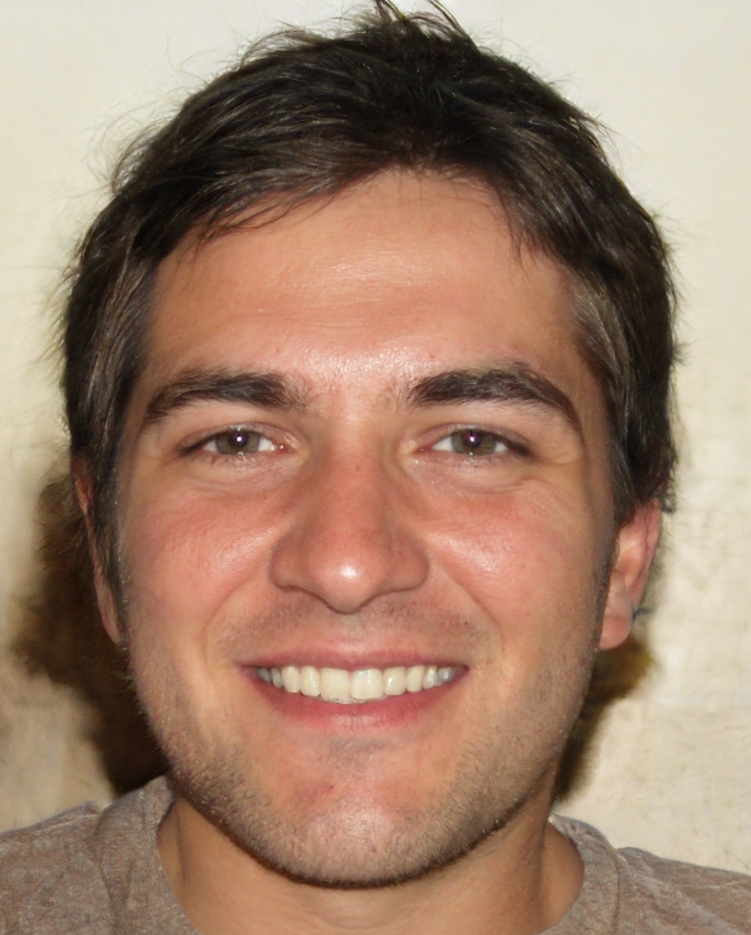
Unravel the shocking mystery behind a college student's unthinkable act, Alexander Jackson family murder, revealed in the heart-wrenching tragedy of his family's brutal murder. Explore the haunting details and delve into the psychological depths of what drove a promising student to commit such a horrific crime.
Inside The Mind Of Alexander Jackson - The Eagle Scout Turned Killer
On January 25, 2023, anIowa jury convicted University of Iowa student Alexander Jackson on three counts of first-degree murder.
Two and a half years ago, at the age of 20, Jackson fatally shot his father, Jan Jackson (61), mother Melissa Jackson (68), and younger sister Sabrina Jackson (19) in Cedar Rapids, Iowa.
On March 3, 2023, a judge sentenced Jackson to three consecutive life terms without the possibility of parole.
Despite being an Eagle Scout with no prior legal issues, Jackson confessed to police that he feared his father might evict him due to his academic struggles in college. The inexplicable transformation from this fear to becoming a merciless murderer remains a haunting question.
The upcoming episode of Killer Cases on A&E dissects Jackson's chilling act of annihilating his entire family. [WatchKiller Caseson the A&E app for further insights.]
The Day Of The Crime
On the morning of June 15, 2021, Jackson made a distress call to 911, alleging a break-in and reporting that he and a family member had been shot. Upon police arrival, Jackson claimed to have been injured in a struggle with an intruder described as a Black man sporting green shoes. He asserted that they grappled over a Browning .22 caliber rifle, a family-owned firearm.
Upon entering the home, law enforcement discovered Jackson's father's body on the floor, subsequently locating the bodies of his mother and sister in their separate rooms. Each victim had sustained multiple gunshot wounds.
Transported to a hospital for treatment, Jackson underwent approximately four hours of questioning by police. Despite authorities finding no evidence supporting his claim of an intruder, and doubting the plausibility of a random assailant seizing a rifle to commit murder, Jackson vehemently denied any involvement in harming his family.
However, law enforcement remained unconvinced, leading to Jackson's subsequent arrest and charges for the murders of his parents and sister.
The Case Against Andrew Jackson
Throughout Jackson's trial, the defense underscored his consistentclaims of innocence, emphasizing that even in a state of shock and under the influence of the painkiller fentanyl, he maintained his assertion while speaking to law enforcement.
William Douglas Woody, a University of Northern Colorado professor specializing in psychological sciences, highlighted the challenge of discerning truth from lies based solely on behavior, emphasizing the necessity of relying on case evidence to ascertain the truth of a statement given to the police.
The trial presented compelling evidence that swayed the jury's perception of Jackson as a perpetrator. Surveillance footage from both the Jackson residence and a nearby property failed to corroborate Jackson's reported intruder account. A crime scene investigator testified that two palm prints on the murder weapon belonged to Jackson.
The defense contested the effectiveness of the cameras at the Jackson household, questioning their motion detection capabilities. Additionally, they highlighted an unidentified third print on the murder weapon that did not match anyone known. However, no conclusive match was found for this print.
During closing arguments, the prosecutor emphasized Jackson's behavior during the 911 call, noting his failure to inquire about the well-being of his mother or sister, implying he was aware of their deaths rather than believing they were merely injured. Moreover, blood spatter near Jackson's bed suggested to the prosecutor that he had shot himself there, contradicting his claim of encountering an intruder downstairs.
The prosecutor further stressed that the rifle used in the murders would have required reloading, pointing out the unique reloading process of the Browning that would likely be familiar only to individuals with experience handling the firearm.
Testimony from a firearms investigator highlighted the intricate nature of the Browning's reloading mechanism, stating they had to seek an online tutorial to comprehend its operation due to its unusual nature.
What Made Alexander Jackson Kill?
Jackson's background portrayed a well-rounded individual: in 2017, he achieved the esteemed rank of Eagle Scout, contributing to low-income housing restoration, displaying musical talent by playing the flute in high school, and pursuing a business education in college.
Dr. Rod Hoevet, a forensic and clinical psychologist not involved in Jackson's case, emphasized that typical psychopathic behaviors, such as animal cruelty or law-breaking tendencies, weren't evident in Jackson's history. Hoevet highlighted the unlikelihood of someone harboring deep-seated hostility and violence while leading a seemingly normal life.
Several individuals testified in support of Jackson during his trial, including his former Scout leader, who trusted him to mentor younger members, and a friend who portrayed Jackson as non-violent and trustworthy.
Hoevet underscored the absence of risk factors in Jackson's life, considering his achievements and social connections as protective factors. Despite this, Jackson admitted to police that he struggled academically and feared his father's repercussions, potentially facing the prospect of being asked to leave home or find employment.
During the trial, the prosecution suggested that Jackson, possessing minimal finances, might have resorted to murdering his family to evade being ousted from his parental home.
Hoevet speculated that Jackson's reaction to the fear or anger of being forced out of his family home might align with the developmental phase of emerging adulthood, compounded by the incomplete development of his brain at the age of 20, where he might not have felt socially or culturally prepared to live independently.
He emphasized that the absence of risk factors in an individual's life does not guarantee immunity against criminal behavior.
Related Features:
Death By Antifreeze - The Murder Of Julie Jensen
Why Female Prison Workers Are Targeted By Inmates Looking To Escape


